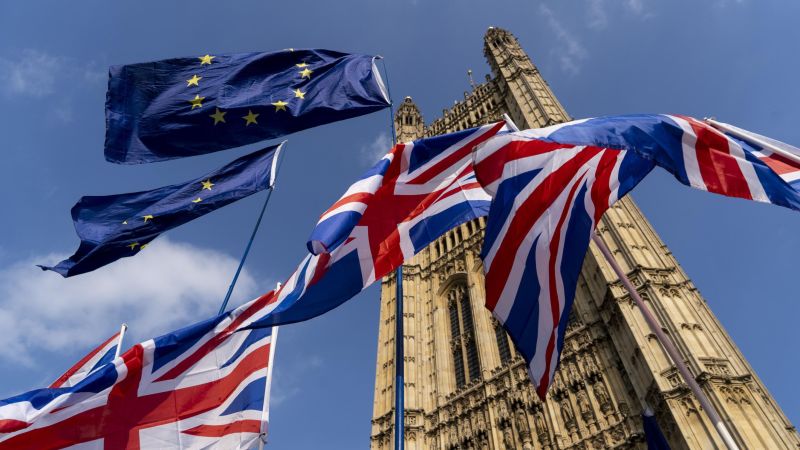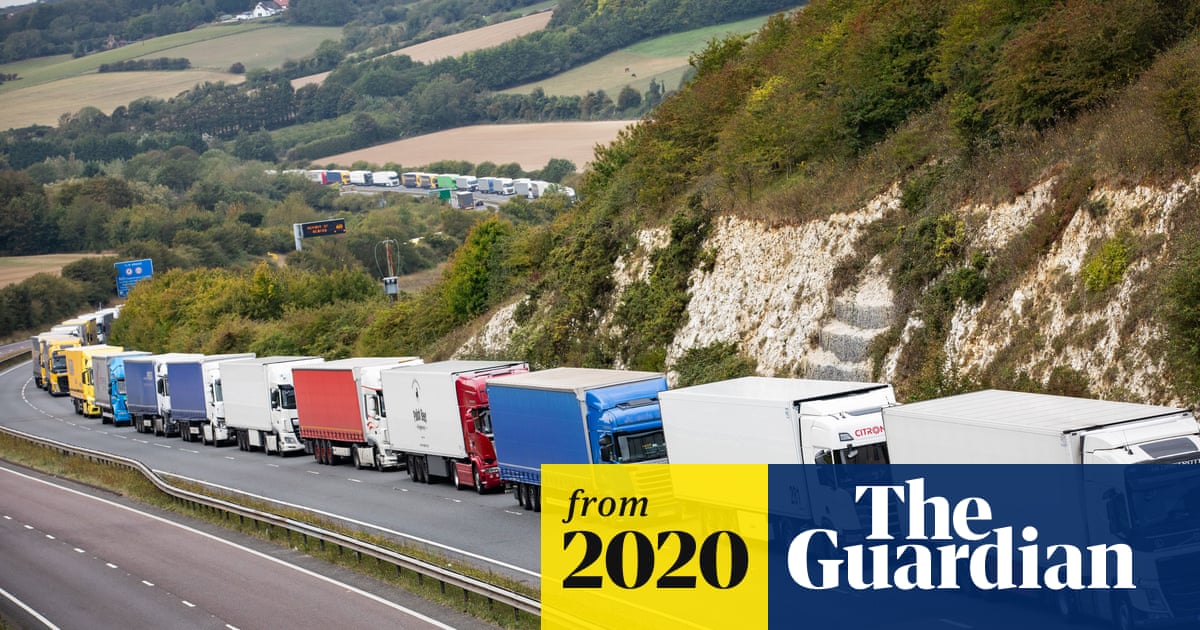- Banned
- #1
Dadsdream
1% Tanzanian DNA
Offline
Any last hopes at stopping BREXIT got buried at the ballot box, it would seem. They're calling it the biggest win since Thatcher.
My only question would be, how does it affect the U.S.?
“We will get Brexit done on time by the 31st of January, no ifs, no buts, no maybes.”
Boris Johnson

 www.reuters.com
www.reuters.com
My only question would be, how does it affect the U.S.?
“We will get Brexit done on time by the 31st of January, no ifs, no buts, no maybes.”
Boris Johnson
"Brexit closure": Johnson wins commanding victory in UK election
Prime Minister Boris Johnson called on Friday for "closure" over the Brexit divisions that have riven the United Kingdom, saying his election victory provided an overwhelming mandate to take Britain out of the European Union on Jan. 31.


